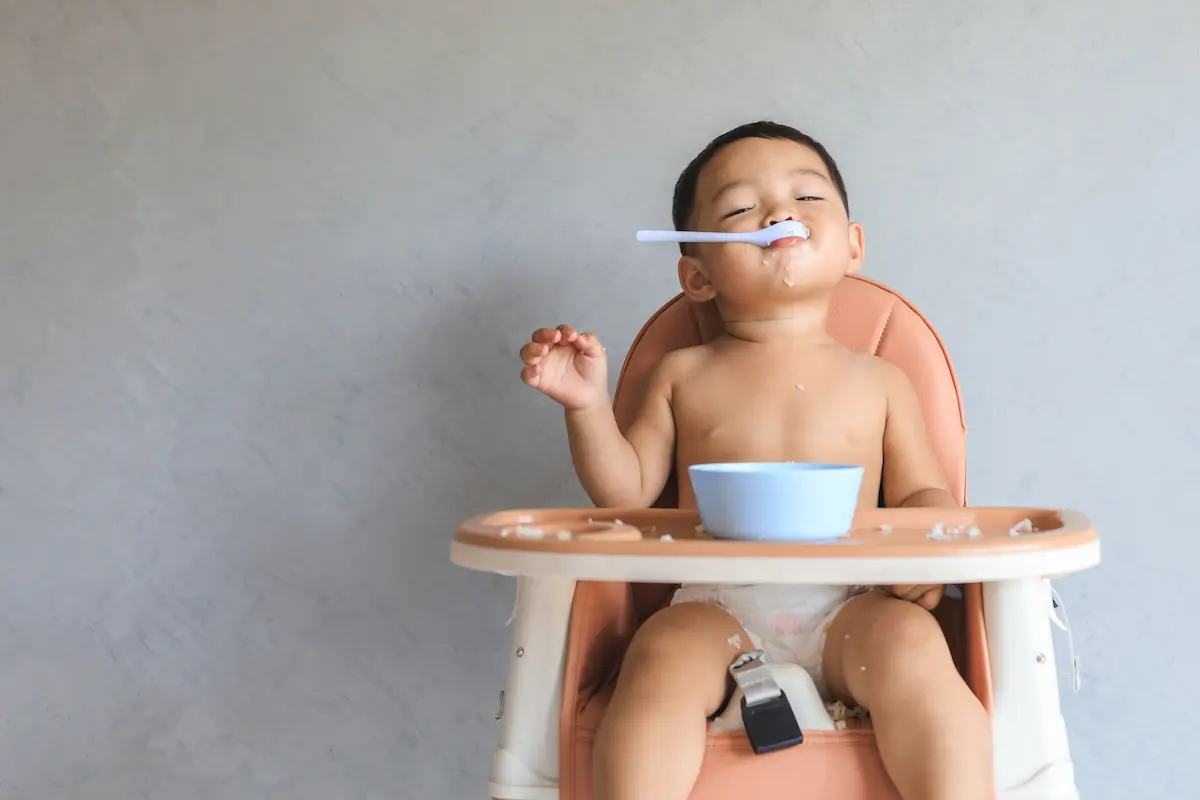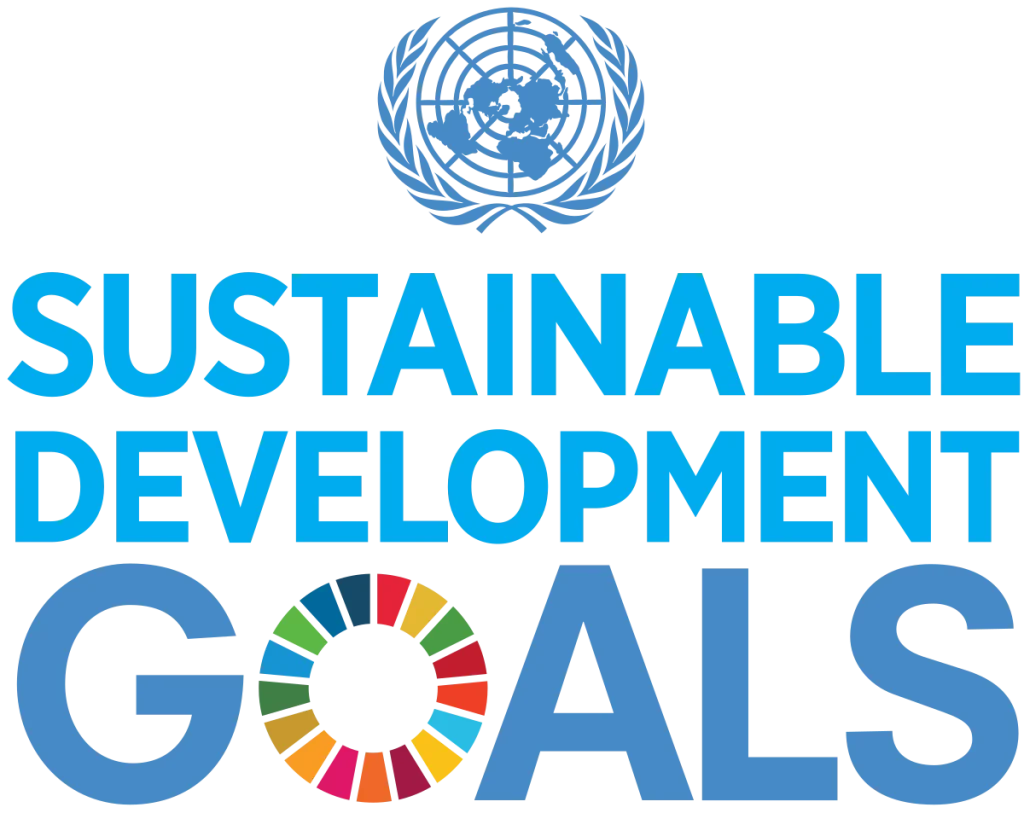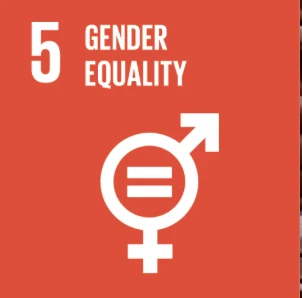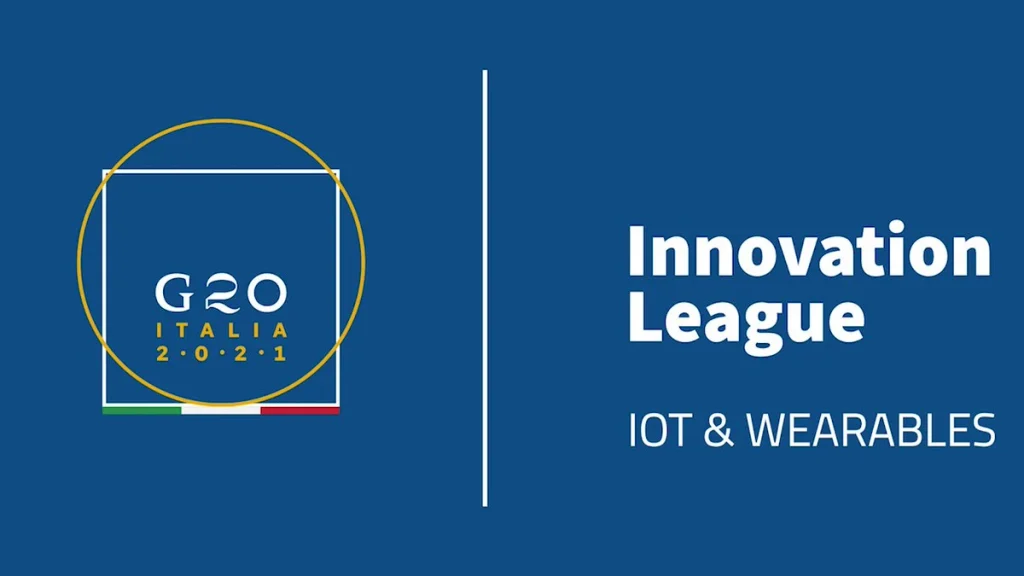This regression can happen any time between seven and ten months. It’s a temporary phase characterised by difficulty getting to sleep and long night awakenings.
If your baby sleeps alone, they might start to protest and ask for a sleep prop to get back to sleep. You might find your previous sleep routine becomes less effective.
This regression tells you your baby has reached an important stage of brain development. They are gaining new motor skills like turning over and standing up. It’s an exciting time. These new abilities help your baby understand and interact with their surroundings.
What to expect
- Your baby will be more awake and interested in their surroundings. They start to need fewer naps, normally only two by now. This transition can be challenging. Your baby might be overtired at night and experience more night awakenings.
- Your baby’s increased motor skills mean their crib suddenly becomes a little gym. They might seem to do more playing than sleeping.
- Your baby is starting to understand that they are their own person. They feel like an individual and are becoming more independent. However, now that they understand themselves as a separate being, they develop separation anxiety. It can be challenging for them to separate from you at bedtime.
- Last but not least, teething may add to their irritability.
Tips to handle this regression
- Continue to work on good sleep habits and sleep hygiene to help your baby sleep independently.
- Stick to a good sleep schedule to reduce night awakenings.
- Avoid introducing new sleep props to cope, they will be harder to remove later on.
- Be flexible, but stick to the same nighttime routine to avoid confusing your baby.
- Remember this is a temporary change. Keep calm! Your baby will respond better when you’re relaxed.













